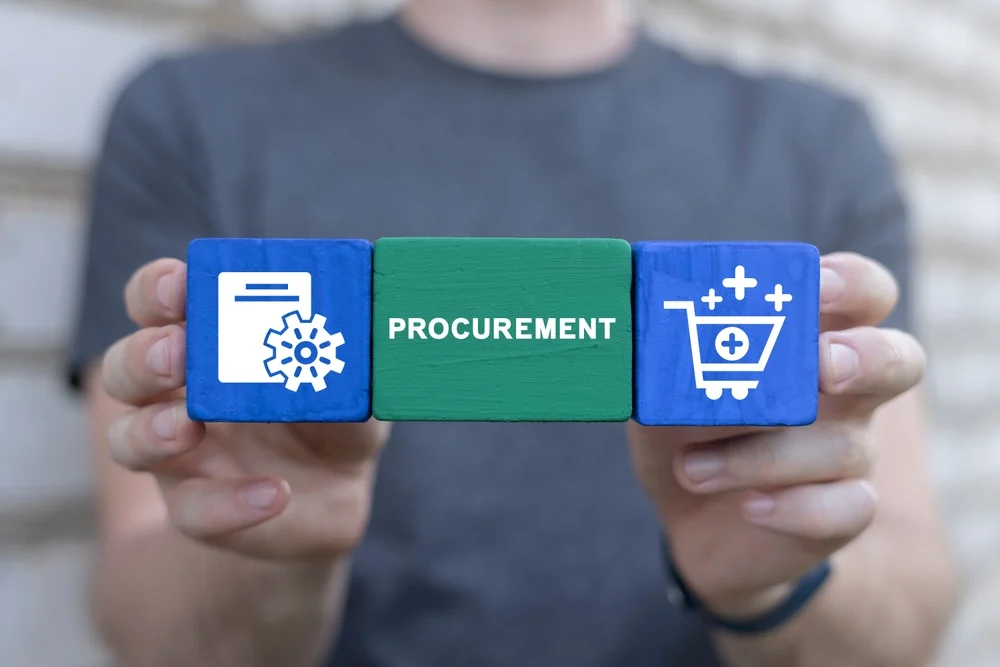Achieving Contract Excellence: A Guide for Non-Legal Professionals Course
Introduction:
Every organization’s commercial and business activities are fundamentally based on contracts, ranging from simple purchase orders to complex financing arrangements. The creation, negotiation, and management of these contracts are typically handled by specialized professionals. However, general managers responsible for delivering products, services, or projects may lack a thorough understanding of contractual issues. This "Achieving Contract Excellence: A Guide for Non-Legal Professionals" course is designed to address this gap by providing professional managers with critical knowledge of contract processes relevant to various managerial domains, thereby enhancing their management skills.
Objectives:
By the end of the "Achieving Contract Excellence: A Guide for Non-Legal Professionals" course, participants will:
- Gain a clear understanding of contract composition and objectives.
- Recognize applicable contractual arrangements for different scenarios.
- Develop the ability to interact effectively with legal and contract staff.
- Identify common issues in standard contract clauses.
- Understand the rationale behind contract formation and processes.
- Explore various contracting methods and their approaches to risk management.
- Analyze key contract terms, focusing on common drafting and administration pitfalls.
Training Methodology:
- Case studies
- Interactive workshops
- Role-playing
- Group discussions
- Simulations
- Expert presentations
- Scenario analysis
- Quizzes and tests
Course Outline:
Unit 1: The Basis of Contracting
- What is the need for contracts?
- Types of contract formation
- Essential elements of a legal contract
- Oral contracts and their validity
- Contracts in e-commerce
- Clauses and additional documents
- Terms of the contract
- Capacity to enter into contracts
- Law of agents
- Proving authority to sign
- Methods of signature and seals
- Internal contracts within a group organization
Unit 2: Risk and Deal Types
- Types of risks
- Risk management
- Commercial risk under the contract
- Risk of damage
- Risk transfer using ICC Incoterms
- Miscellaneous risks
- Contract selection (Conventional, Lump-sum, BOQ, Pay as you use, etc.)
- Bonds and bank guarantees
- Financial support and letters of intent
- Non-traditional and additional documents
Unit 3: Basic Terms of the Contract
- Duty to achieve
- Inspection, approval, and disapproval
- Non-conforming products
- Defects and defectives
- Liability and reasonable restrictions
- Losses and overall ceilings
- Liquidated sums and damages
- Personnel and assets
- Indemnities and their necessity
- Rights and breaches
- Insurance and indemnities
- Intellectual Property (IP)
- Warranty and redress
- "Act of God" and reminders
- "Entire Agreement" clause
- Implied responsibilities
Unit 4: Contract Features and Changes
- Modification of contract terms (Amendments)
- Changes to the scope of work (Variations)
- Managing change control and associated risks
- Impact of variations, expenditure, and delays
- Accountability and additional time
- Payment upon completion and payment instruments
- Exposure in external trade
- Commercial letters of credit
- Claims under warranty
- Contra and set-off
- Cancellation and suspension
- Contractual problems during closeout
Unit 5: Negotiating, Avoiding, and Resolving Disputes
- Settlement, reconciliation, and routine dispute resolution
- Court action and alternatives to litigation
- Dispute resolution mechanisms (e.g., arbitration, mediation)
- Reconciliation and roundtable arbitration
- Third-party determination and dispute assessment
- Proper documentation and notifications


















